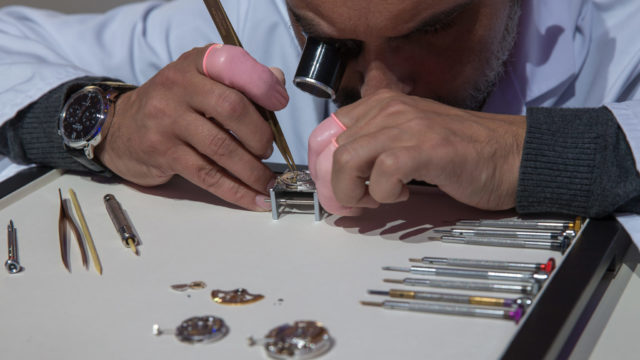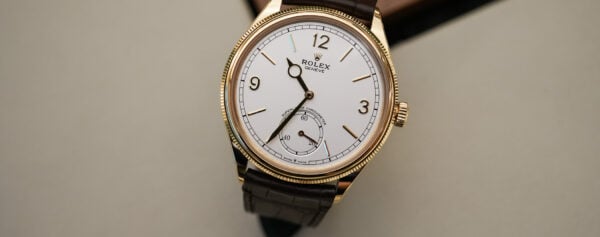
During my time in the watch world, I have met some genuine friends, people who I will know long after I have left the industry for a quieter life.
Among them are dealers, auctioneers and vintage collectors who, whenever I have asked for their top tips for a would-be watch buyer, have all said the same thing: ‘Always buy the very best example of your chosen reference’.
As record-breaking sales prices show, this is indeed sage advice.
But, according to a horological friend that I interviewed last week, ‘best examples’ are now becoming extremely rare beasts.
The friend and I were discussing the gargantuan differences between the skills needed to be a modern watch servicing technician as opposed to an antique restorer i.e. the ability to make parts from scratch.
With no judgement over which is better, more interesting or more worthwhile, the plain fact is that it is now extremely difficult to find someone to restore a vintage watch and, even if or when you do, there is usually a waiting list of many months for their services.
The biggest problem with this shortage is the cyclical effect of watches being bought at auction by less reputable dealers.
Often the timepieces are opened, looked at and tinkered with, before the decision is made that it is too complicated, time consuming and expensive to repair or restore them properly.
More often than not, the watches then end up back in auction and the whole process repeats.
The conclusion of the restorer I spoke to was that vintage watches today are, by and large, in the worst condition they have been in for a decade.
Around the world, there are very few working restorers compared to the past and this is reflected in the amount of apprenticeships that can be offered.
This is further compounded by the fact that most of the artisans that we do have, are so backed-up with work that they simply don’t have the time to train anyone.
With many eyes now focused on British watchmaking, thanks to recent events like the £48.4 million investment in Bremont and its Henley-on-Thames manufacturing facility, not to mention the collective might of the ever-growing Alliance of British Watch and Clockmakers, is the time not right for the UK to offer more specialised watchmaking courses and training opportunities?
As the friends I have been talking to know only too well, if we don’t start training now for the future then some of our greatest horological assets could well be lost forever.





